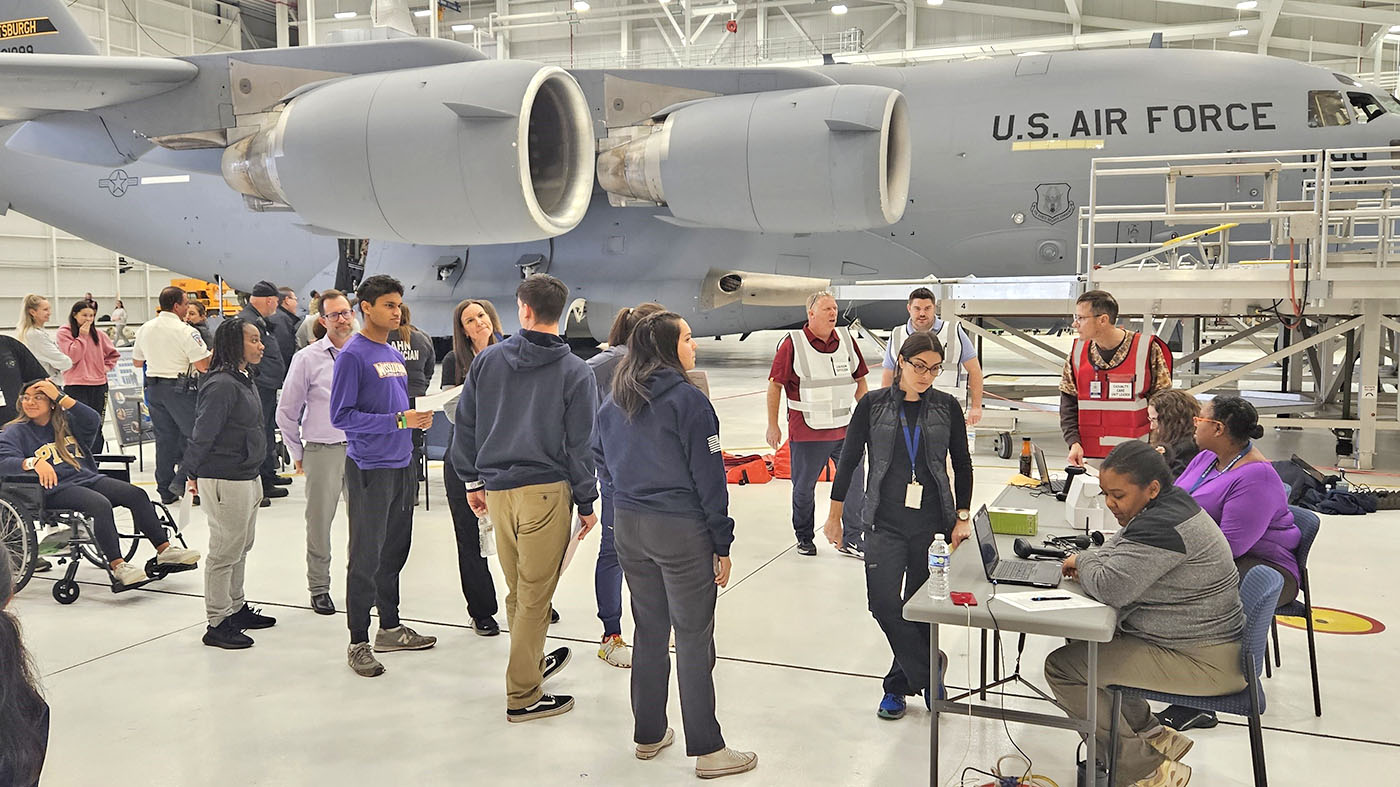For an entire month each year, VA redoubles its efforts to raise awareness about risk factors, warning signs and available support for Veterans in crisis or at risk during Suicide Prevention Month. Support, services and people who care are available every day to help you navigate the challenges that seem bigger than you can handle alone.
The conditions that lead to suicidal thoughts are numerous and variable, but Veterans can play a role in saving their own life. VA’s national “Don’t Wait, Reach Out” campaign serves as a reminder to seek assistance before things become overwhelming.
VA is also asking, “When was the last time you asked for help?” in its new “Questions” public service announcement because sometimes Veterans lose sight of their own welfare when focusing on helping others in need.
VA offers free crisis counseling and resources, and life-saving care at VA and community emergency rooms nationwide with no out of pocket costs in some cases.
Emergency help is available for a suicidal crisis
VA will furnish, pay for or reimburse the cost of eligible Veterans’ emergent suicide care and treatment at any VA or non-VA emergency room. As part of this care, VA will also pay for or reimburse the cost of ambulance transportation, related prescriptions, up to 30 days of inpatient or crisis residential treatment, and up to 90 days of outpatient care.
If you are having suicidal thoughts, you can also call 988, then press 1; text 838255 or chat online to connect with the Veterans Crisis Line. This free, 24/7 confidential resource offers support from trained professionals to anyone including family members and friends of a Veteran.
Use this link to find your closest VA medical facility or in-network community provider.
If you are experiencing a suicidal crisis and need help, call 911 or go to your nearest emergency room.
Eligibility for emergent suicide care
VA will provide care or pay for your care at a non-VA emergency room if you:
- Served prior to Sept. 7, 1980, and were discharged from the military under a condition that is not dishonorable or the result of a general court martial.
- Enlisted or were commissioned after Sept. 7, 1980, or entered active duty after Oct. 16, 1981, and received a military discharge under a condition that is not dishonorable or the result of a general court martial after serving 24 continuous months or the full period for which you were called to active duty, unless you were:
- Discharged for a disability that was caused—or made worse—by active-duty service
- Discharged for a hardship or “early out”
Veterans discharged under other than honorable conditions are also eligible for this benefit if you:
- Served 100 cumulative days in a combat zone or in support of a contingency operation, either directly or by operating an unmanned aerial vehicle from another location.
- Were the victim of a physical assault of a sexual nature, a battery of a sexual nature or sexual harassment while serving in the armed forces.
If you experience a suicidal crisis and need help, don’t wait. Get help at your nearest emergency room.
Topics in this story
Link Disclaimer
This page includes links to other websites outside our control and jurisdiction. VA is not responsible for the privacy practices or the content of non-VA Web sites. We encourage you to review the privacy policy or terms and conditions of those sites to fully understand what information is collected and how it is used.
More Stories
Air Force Veteran Shireta Jones overcomes obstacles with support from VA and adaptive devices to continue her passion for pickleball.
Pittsburgh VA and its partners practice relocating hospitalized patients during disasters and public health emergencies.
VA and Veterans Yoga Project are working together to make more Veterans aware of the benefits of yoga while offering more classes.







The efforts of the VA in raising awareness and providing essential resources for suicide prevention are commendable. It’s heartening to see such dedication towards ensuring the well-being of our Veterans. The “Don’t Wait, Reach Out” campaign and the emphasis on asking for help are crucial reminders that no one should face their challenges alone. The comprehensive support, from crisis counseling to emergency care, showcases the VA’s commitment to the mental health of our Veterans. Thank you for shedding light on this vital issue and for being a beacon of hope for many.
John